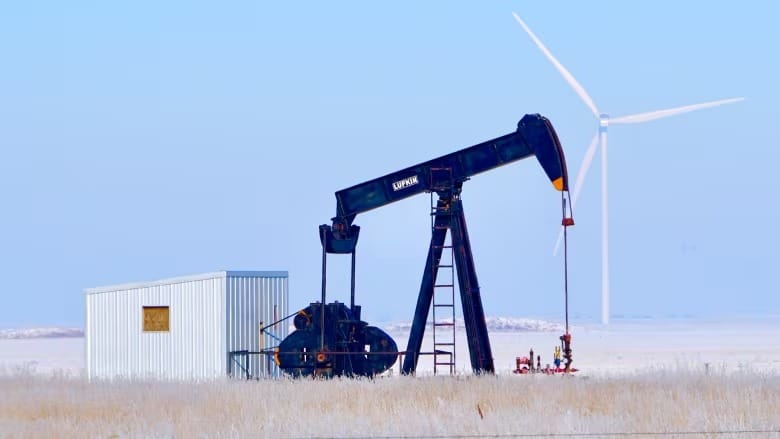Alberta making it harder for foreign companies to invest in energy infrastructure, lawyers say
Restrictions add uncertainty and delays to investment deals, say legal experts

The Alberta government is making it more difficult for foreign companies to invest in energy infrastructure, which legal experts say is affecting the level of investment in the province.
The move impacts the acquisition of various energy assets, including oil, natural gas, and electricity facilities, such as power plants, pipelines, solar farms, and transmission lines.
Although the province's regulations have not changed, lawyers note there has been a "recent reinterpretation" of these rules. As a result, Alberta's Foreign Ownership of Land Administration is tightening restrictions on foreign companies looking to purchase existing energy infrastructure.
The motivation behind this shift remains unclear, according to Bryce Kustra, a real estate lawyer with Osler, Hoskin & Harcourt in Calgary. He mentioned that many clients are surprised and have questions about how this change might affect property transactions.
Previously, the purchaser's identity didn’t matter when a power plant or other facility was sold in the province. Now, Kustra explains, if a foreign company is the buyer, the transaction could be delayed for several months while the government decides whether to approve the deal.
"This adds significant uncertainty to transactions," said Kustra. "We're looking at a four- to eight-month process with no guarantee of approval at the end, which could have a chilling effect on the transaction market and developers' willingness to build facilities, as it limits the pool of potential buyers."
The restrictions also extend to Canadian companies that fail to meet specific criteria, such as having at least two-thirds of their board of directors composed of Canadian residents.
Alixe Cameron, co-head of commercial real estate at Bennett Jones law firm, said this situation is affecting both foreign and domestic investment in Alberta’s energy sector.
"It's definitely something we’re watching closely," Cameron stated. "The approval process is rarely simple, never quick, and quite burdensome."
Cameron clarified that while the legislation itself has not changed, the policies and interpretation of the regulations by the Foreign Ownership of Land Administration have become stricter.
If a foreign company proposes new construction or expansion as part of an investment, the regulations would not apply, although other provincial regulators overseeing the production and movement of oil, gas, and electricity would still need to grant approvals.
The Foreign Ownership of Land Administration operates under the Service Alberta and Red Tape Reduction department. According to Brandon Aboultaif, press secretary to Service Alberta Minister Dale Nally, no final decisions have been made regarding foreign ownership rules, and discussions are ongoing with stakeholders.
In an emailed statement, Aboultaif clarified, "There has been no change to disqualify foreign companies from buying constructed energy assets in Alberta, including oil, gas, renewable, and power plants."
The foreign investment regulations have been in place since 1979.





